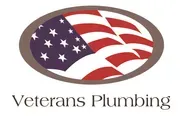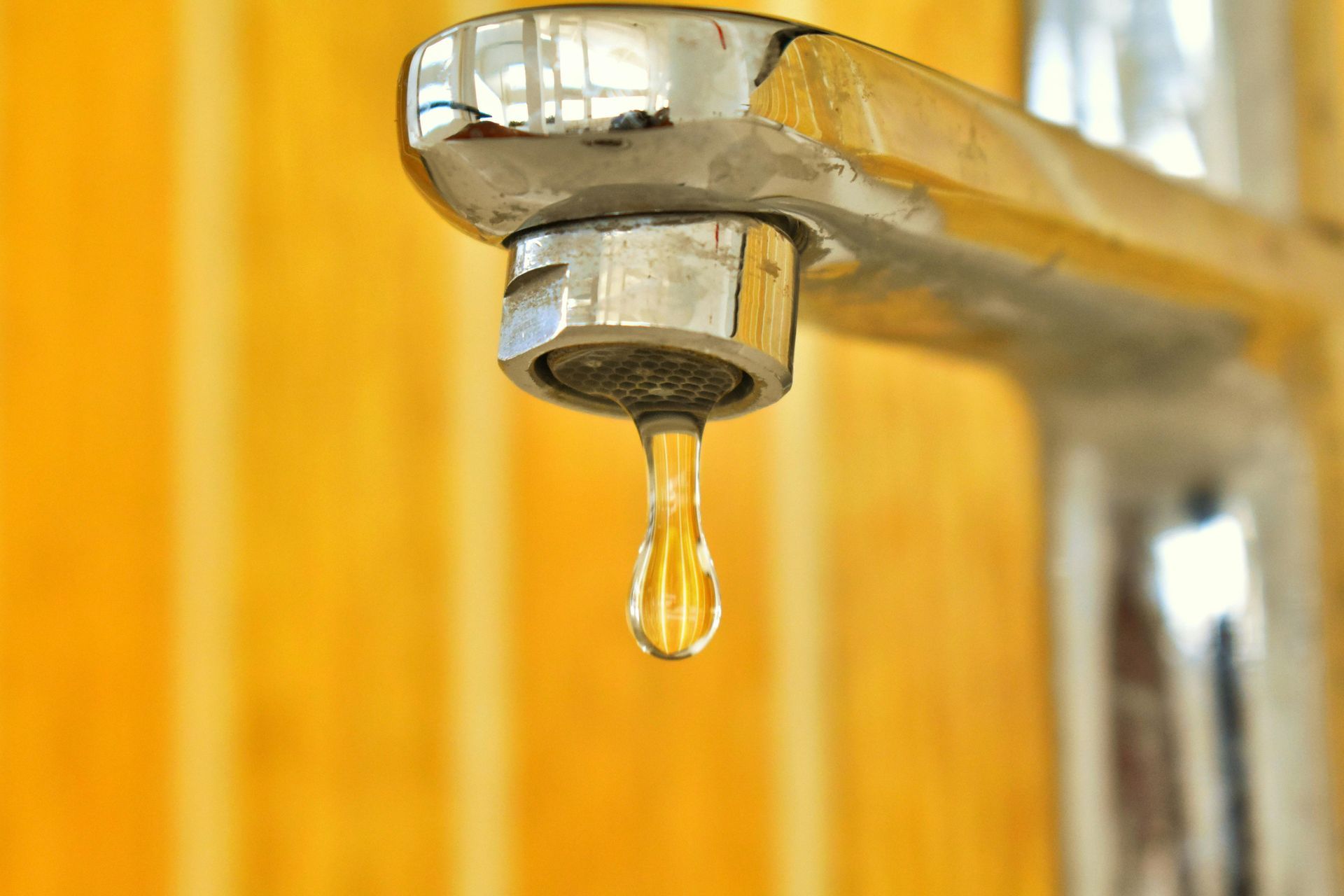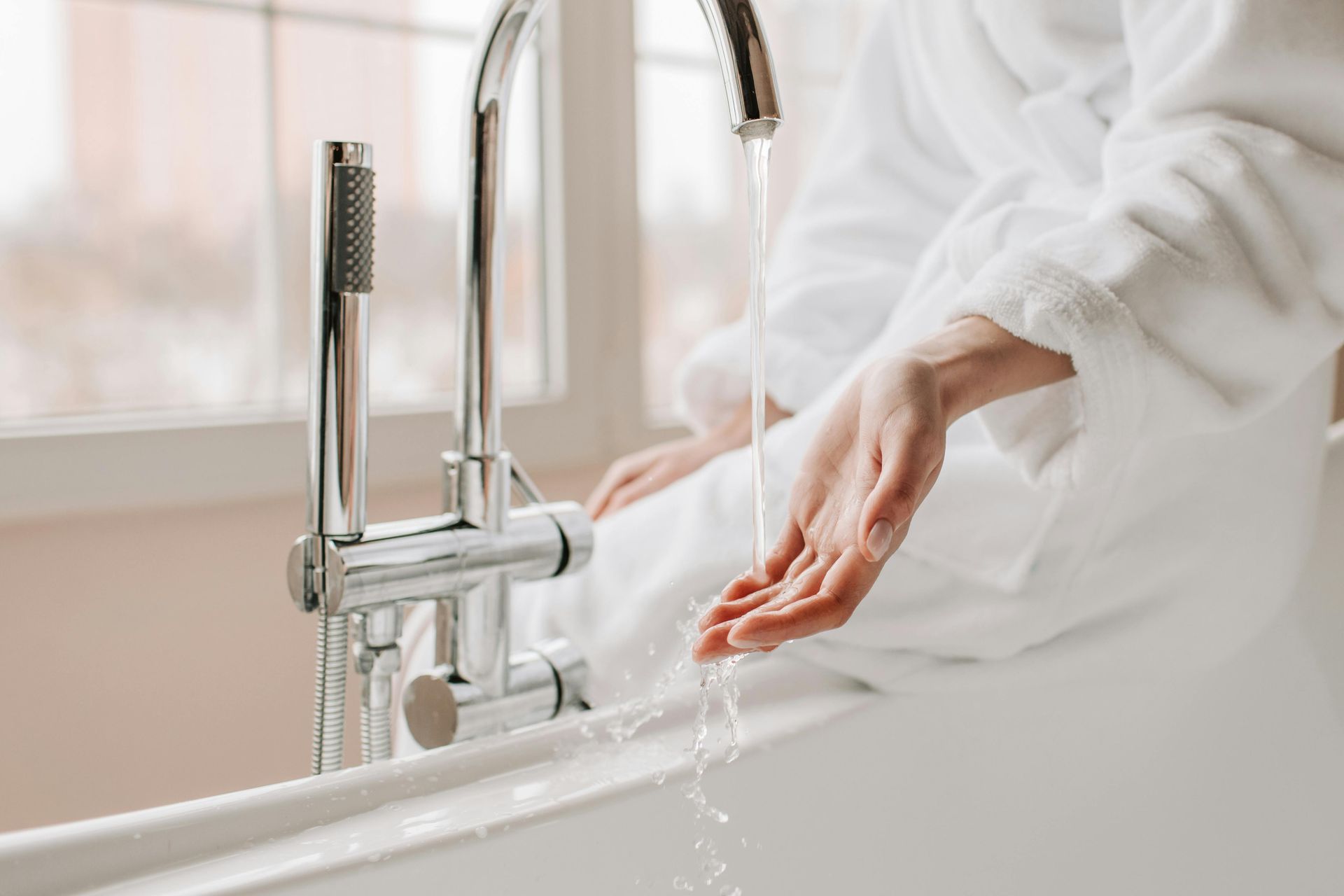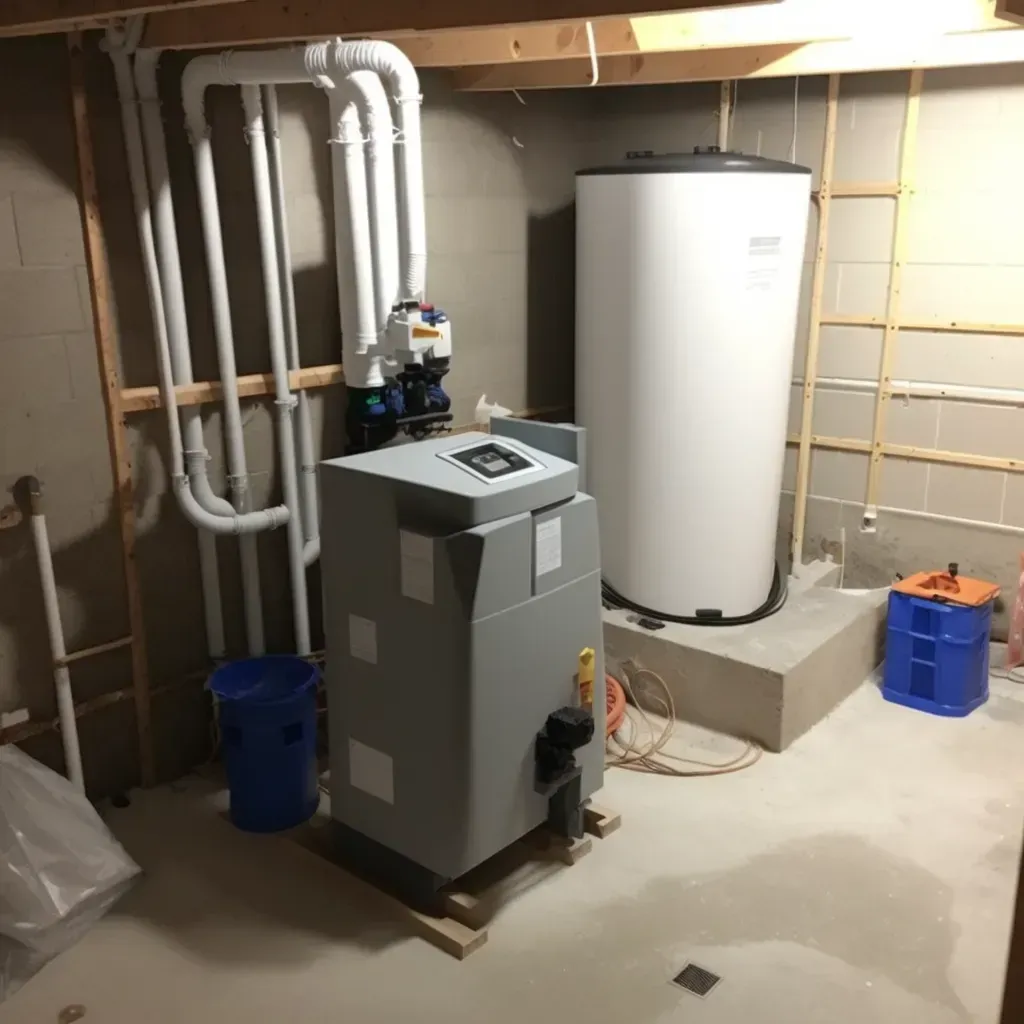Eco-Friendly Plumbing Solutions: Reducing Your Carbon Footprint
Understanding Your Home’s Plumbing System
Understanding how your home’s plumbing system works is crucial for maintaining it effectively. Let’s break down the basic components and their functions.
Basic Components
Your home’s plumbing system is made up of several key components that work together to supply water and remove waste.
- Pipes: These carry water to and from various fixtures. They can be made of copper, PVC, or other materials.
- Valves: Valves control the flow of water through the pipes. They can shut off water to specific areas or the entire house.
- Fixtures: Sinks, toilets, showers, and bathtubs are all examples of fixtures that use water.
- Drains: Drains remove wastewater from your home, sending it to the sewer or septic system.
Water Supply and Drainage
Your plumbing system has two main parts: the water supply system and the drainage system.
- Water Supply System: This brings fresh water into your home. It starts at the main water line and branches out to various fixtures.
- Drainage System: This removes wastewater from your home. It includes traps, vents, and pipes that lead to the sewer or septic system.
Signs of Trouble
Knowing the signs of plumbing trouble can help you catch problems early.
- Low Water Pressure: This can indicate a leak or blockage.
- Slow Drains: Often caused by clogs, slow drains can lead to backups.
- Water Stains: Stains on ceilings or walls may indicate a hidden leak.
- Unusual Sounds: Banging or hissing sounds in your pipes can signal issues.
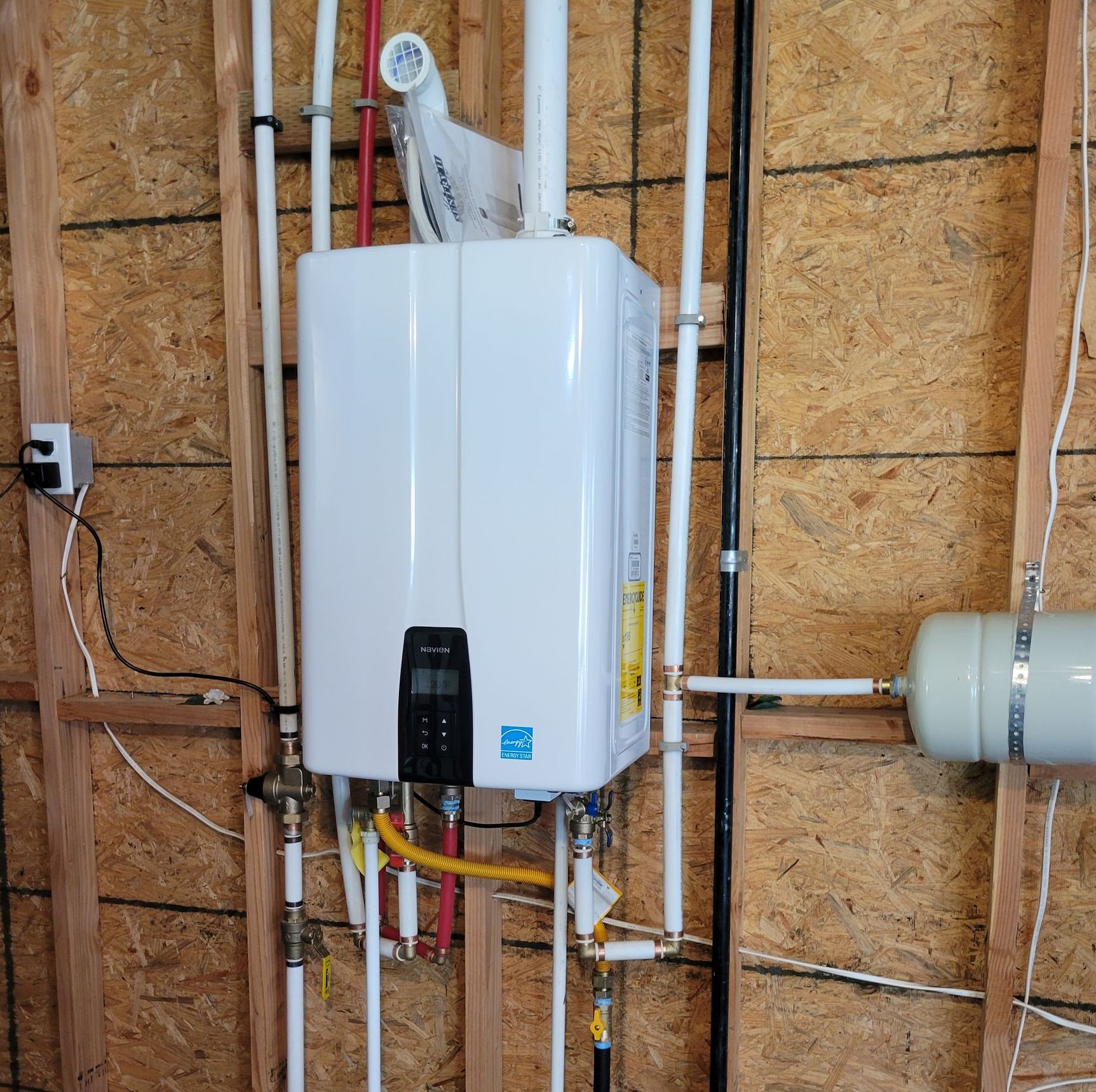
Water Conservation Tips and Plumbing
Conserving water is not only good for the environment but also for your wallet. Here are some tips to reduce water usage in your home.
Efficient Fixtures
Installing water-efficient fixtures can significantly reduce your water consumption.
- Low-Flow Toilets: These use less water per flush, saving thousands of gallons a year.
- Low-Flow Showerheads: They maintain water pressure while using less water.
- Faucet Aerators: These add air to the water stream, reducing water use without sacrificing pressure.
Leak Detection
Leaks can waste a lot of water. Here’s how to find and fix them.
- Check Your Meter: Turn off all water and see if the meter is still running. If it is, you likely have a leak.
- Inspect Visible Pipes: Look for moisture or corrosion on exposed pipes.
- Listen for Drips: Even small drips can add up to significant water waste.
Smart Irrigation
Using technology to manage your outdoor watering can save water and money.
- Smart Sprinklers: These systems adjust watering schedules based on weather conditions.
- Drip Irrigation: This method delivers water directly to plant roots, reducing evaporation.
Plumbing Myths Busted
There are many misconceptions about plumbing that can lead to costly mistakes. Let’s bust some common myths.
Hot Water and Grease
Myth: Pouring hot water down the drain will dissolve grease.
Fact: Hot water can melt grease, but it solidifies further down the pipe, causing clogs. Instead, dispose of grease in the trash.
Lemon Peels in the Disposal
Myth: Lemon peels clean and freshen garbage disposals.
Fact: While lemon peels might make your disposal smell nice temporarily, they can damage the blades. Use ice cubes and baking soda for a better clean.
Flushable Wipes
Myth: Flushable wipes are safe for plumbing systems.
Fact: Flushable wipes do not break down easily and can cause major clogs. It’s best to dispose of them in the trash.
The Role of Technology in Modern Plumbing
Technology has revolutionized plumbing, making it more efficient and user-friendly. Here’s how modern tech is changing the game.
Video Inspections
Plumbers now use video technology to inspect pipes and diagnose issues.
- Cameras: Small cameras are inserted into pipes to provide a clear view of the problem.
- Real-Time Footage: This footage helps plumbers accurately locate and assess damage.
- Non-Invasive: Video inspections are less invasive than traditional methods, reducing the need for extensive digging or demolition.
Advanced Tools
Modern tools have made plumbing repairs faster and more effective.
- Hydro Jetting: This technique uses high-pressure water to clear stubborn clogs.
- Trenchless Technology: Repairs pipes without the need for extensive digging, saving time and money.
- Electronic Leak Detection: Identifies leaks with precision, reducing guesswork and unnecessary repairs.
Emergency Plumbing Kit: What Homeowners Should Have
Having an emergency plumbing kit can help you handle minor issues before they become major problems. Here’s what you should include.
Essential Tools
- Wrenches: Adjustable wrenches are versatile for various tasks.
- Plungers: Have both a sink plunger and a toilet plunger.
- Pipe Tape: Used to seal leaks temporarily.
- Pliers: Useful for gripping and turning.
Temporary Fixes
- Pipe Clamps: Can temporarily stop leaks in pipes.
- Epoxy Putty: Seals small holes and cracks in pipes.
- Bucket: To catch water from leaks and prevent damage to floors.
Mastering home plumbing involves understanding your system, conserving water, debunking myths, and being prepared for emergencies. With the right knowledge and tools, you can keep your plumbing in top shape and handle issues like a pro.
Blog
Book a Service Today
For more info on water softeners, water heaters and tankless water heaters Idaho Residents need, contact us today.
